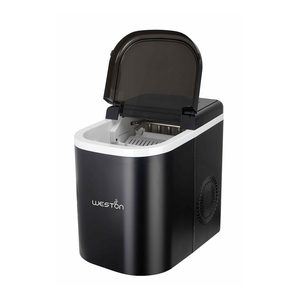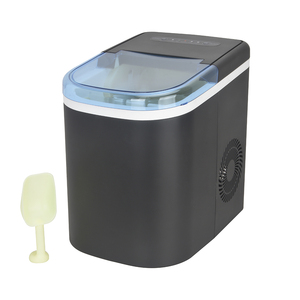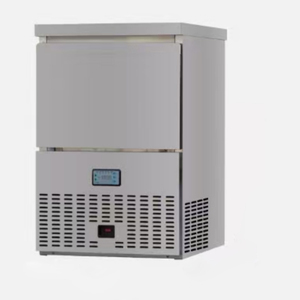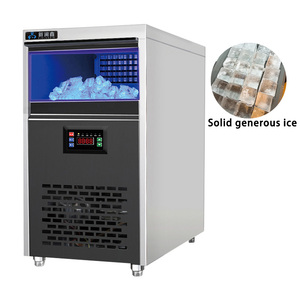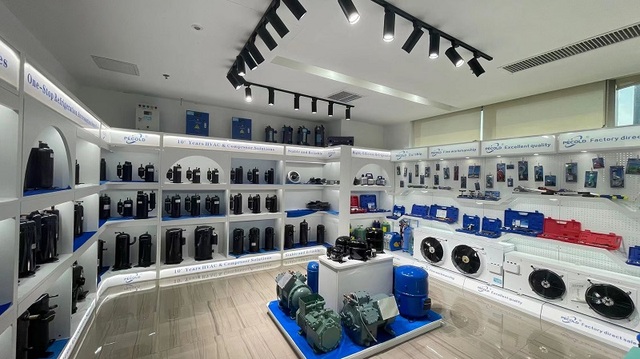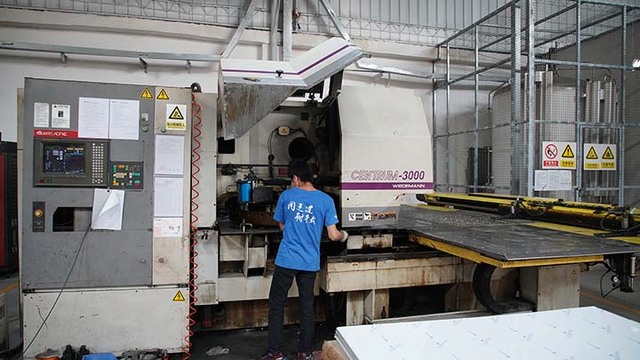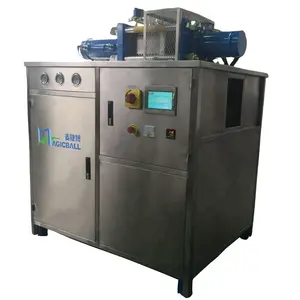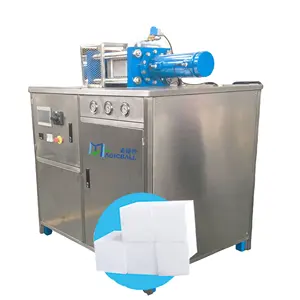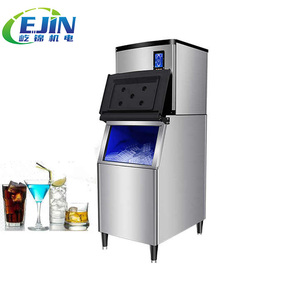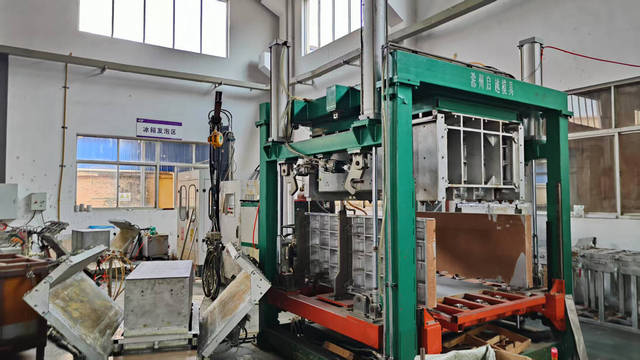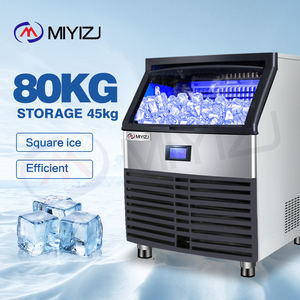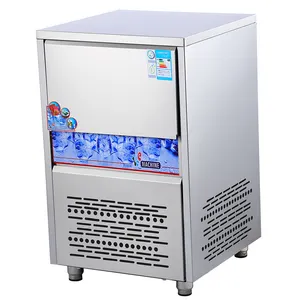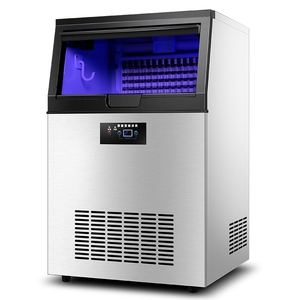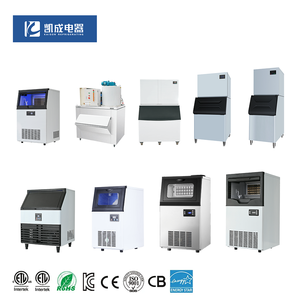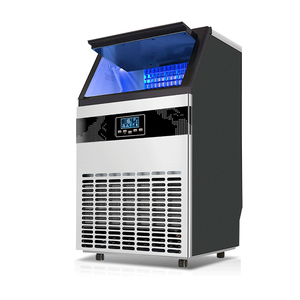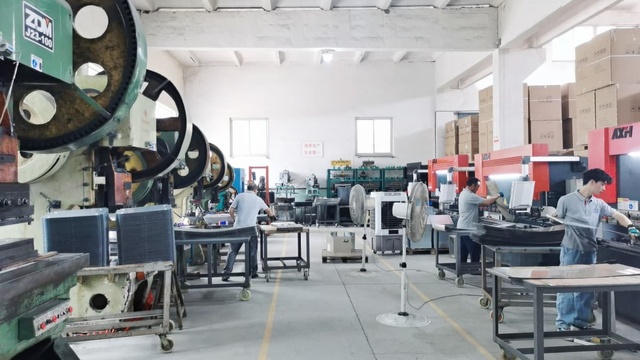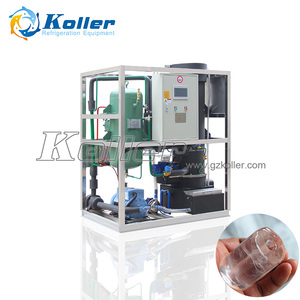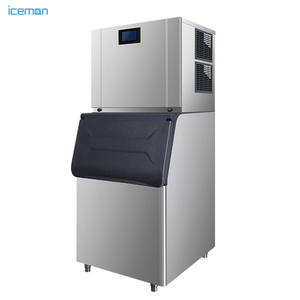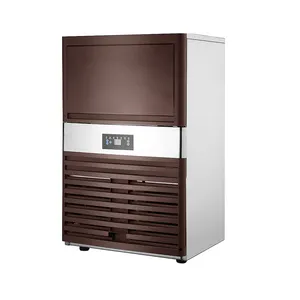Solid Cube Ice Maker



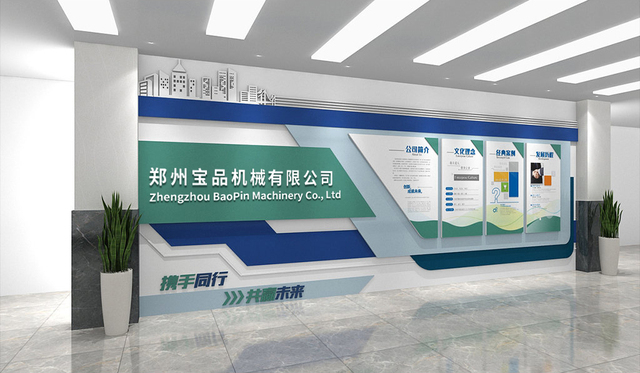










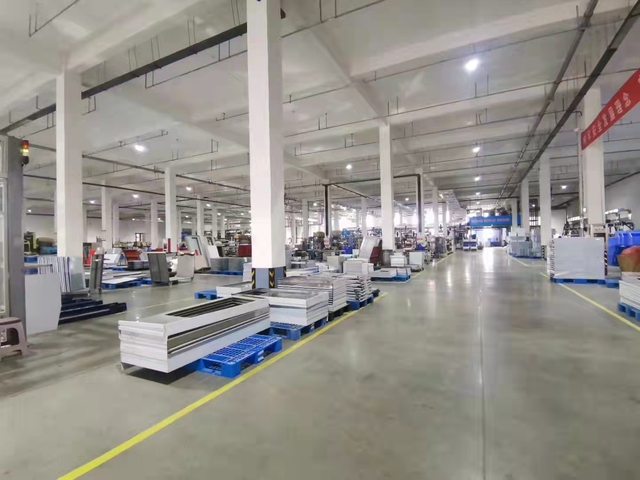

















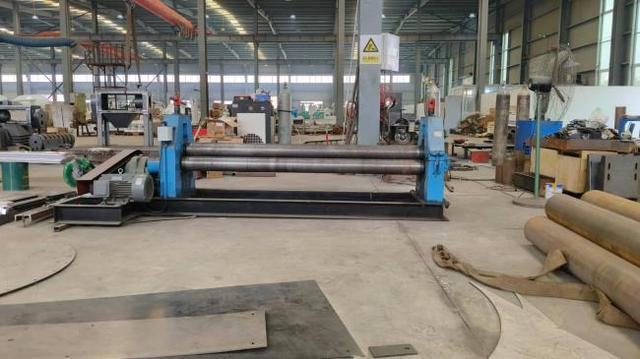





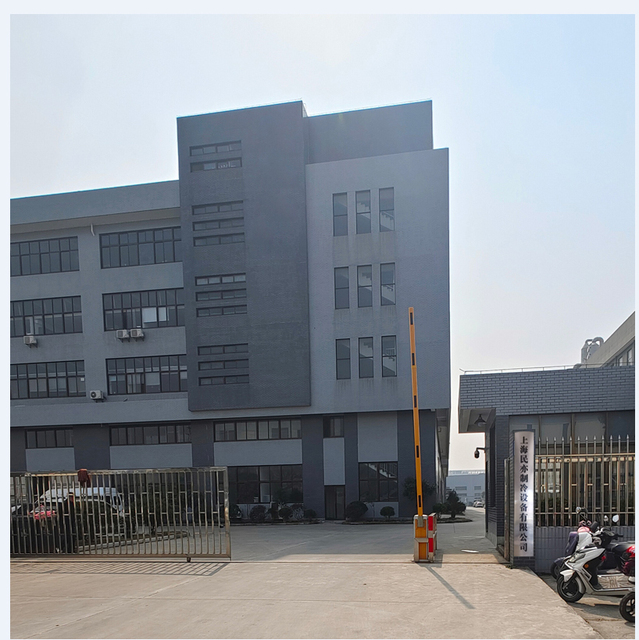




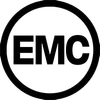













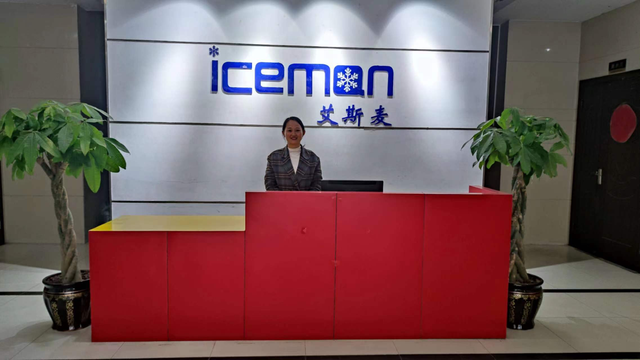



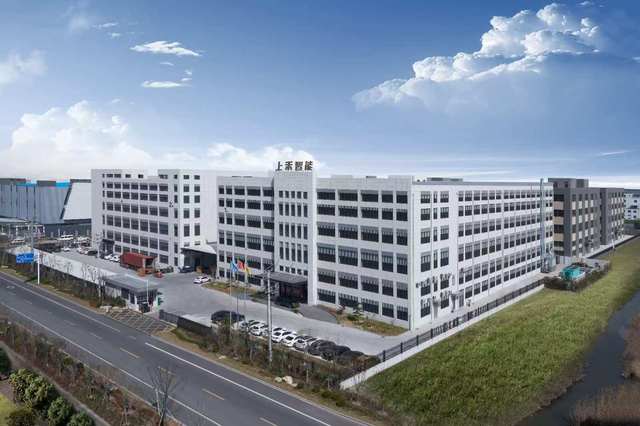


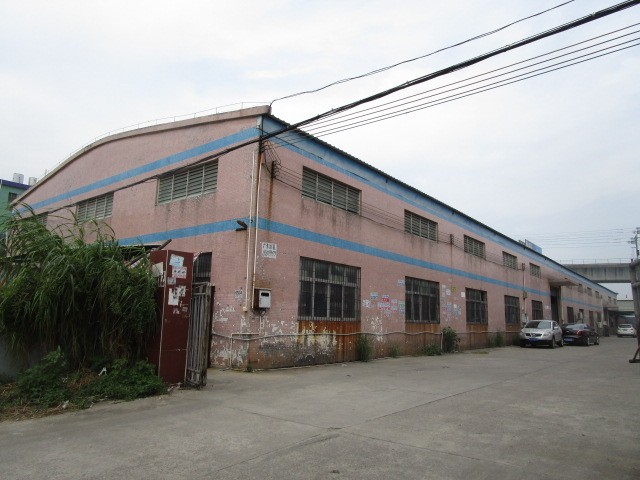
About solid cube ice maker
Where to Find Solid Cube Ice Maker Suppliers?
China remains the central hub for solid cube ice maker manufacturing, with key industrial clusters in Guangdong, Henan, and Shanghai driving production efficiency and export volume. The Pearl River Delta region, particularly Dongguan and Guangzhou, hosts advanced refrigeration equipment facilities integrating automated assembly lines and stainless steel fabrication units. These areas benefit from mature supply chains for compressors, condensers, and food-grade water systems, enabling competitive pricing and rapid scaling.
Central provinces like Henan have emerged as cost-effective alternatives, leveraging lower labor costs and proximity to raw material sources such as galvanized steel and copper coils. Suppliers in Zhengzhou and Shanghai combine R&D capabilities with modular design approaches, supporting both commercial-scale block ice machines and compact countertop models. This regional specialization allows buyers to access a broad spectrum of capacities—from 150kg/day units for cafes to 1,000kg/day industrial systems—while maintaining consistent quality control across production batches.
How to Choose Solid Cube Ice Maker Suppliers?
Procurement decisions should be guided by structured evaluation criteria to ensure technical reliability and transactional security:
Quality & Compliance Verification
Confirm adherence to international standards including CE marking for European markets and UL/CSA compatibility for North America. Evaluate use of food-grade stainless steel (typically SUS304) in evaporator plates and ice storage bins. Request documentation on electrical safety testing, insulation resistance, and energy consumption benchmarks aligned with ISO 5155 for refrigerated appliances.
Production Capacity Assessment
Analyze supplier infrastructure through verifiable metrics:
- Minimum factory area exceeding 2,000m² to support dedicated production lines
- In-house refrigeration system assembly and leak-testing protocols
- Monthly output capacity of at least 200 units for sustained order fulfillment
Cross-reference product listings with on-time delivery performance (target ≥98%) and reorder rates as indicators of customer satisfaction.
Customization & Transaction Security
Prioritize suppliers offering configurable options such as cooling type (air/water-cooled), voltage (110V/220V), phase (single/three-phase), and capacity ranges. Verify availability of OEM services including logo printing, color finishes, and packaging design. Utilize secure payment mechanisms with milestone-based disbursement, ensuring final release only after performance validation at destination.
What Are the Best Solid Cube Ice Maker Suppliers?
| Company Name | Location | Main Products (Listings) | Online Revenue | On-Time Delivery | Avg. Response | Reorder Rate | Price Range (USD) | Notable Features |
|---|---|---|---|---|---|---|---|---|
| Guangzhou Koller Refrigeration Equipment Co., Ltd. | Guangdong, CN | Ice Machines (258) | - | 100% | ≤6h | <15% | $532–$3,980 | Wide range from home to commercial models |
| Zhengzhou Baopin Machinery Co., Ltd. | Henan, CN | Ice Machines (456) | US $30,000+ | 100% | ≤2h | 50% | $729–$3,050 | High reorder rate; strong industrial focus |
| Dongguan Lanxin Refrigeration Equipment Co., Ltd. | Guangdong, CN | Ice Machines (111) | US $1,000+ | 100% | ≤2h | 33% | $375–$3,000 | Broad price segmentation; fully automatic systems |
| Guangdong Taihe Refrigeration Technology Co., Ltd. | Guangdong, CN | Ice Machines (N/A) | US $50,000+ | 100% | ≤2h | 33% | $400–$2,399 | Extensive customization: color, size, cooling type |
| Shanghai Bingsu Refrigeration Technology Co., LTD. | Shanghai, CN | Ice Machines (404) | US $20,000+ | 100% | ≤1h | 16% | $520–$1,650 | Fast response; energy-saving designs |
Performance Analysis
Zhengzhou Baopin stands out with a 50% reorder rate, indicating high customer retention likely driven by reliable performance and responsive service. Guangdong Taihe leads in customization flexibility, offering adjustments in refrigeration type, capacity, and design—critical for niche applications. Shanghai Bingsu demonstrates the fastest average response time (≤1h), providing operational advantages for urgent procurement cycles. While Guangzhou Koller offers the widest published price range, its low reorder rate suggests room for improvement in post-sale satisfaction. Buyers seeking large-volume contracts should prioritize suppliers with verified monthly revenues above US $20,000 and documented in-house engineering support.
FAQs
How to verify solid cube ice maker supplier reliability?
Validate certifications (CE, ISO 9001) through independent databases. Request test reports for compressor endurance, ice clarity, and water consumption per cycle. Assess supplier credibility via transaction history, on-time delivery consistency, and customer feedback focused on after-sales service and fault resolution timelines.
What is the typical lead time for solid cube ice makers?
Standard orders require 15–25 days for production, depending on cooling type and capacity. Custom configurations involving voltage adaptation or structural modifications may extend lead times to 35–45 days. Air freight adds 5–10 days globally; sea shipping typically takes 25–35 days to major ports.
Do suppliers offer customization for commercial ice makers?
Yes, most established manufacturers provide OEM/ODM services including logo integration, color variation, voltage adjustment (110V/220V), and cooling method selection (air or water-cooled). Some support full enclosure redesigns and smart monitoring integration upon request.
Are samples available before bulk ordering?
Sample policies vary. Many suppliers allow sample purchases at 1.2–1.5x unit price, which can be deducted from future bulk orders. Free samples are occasionally offered for projected annual volumes exceeding 20 units.
What are common MOQs and payment terms?
Most suppliers set MOQ at 1 set for initial trials. Payment structures typically include 30% advance T/T with balance due before shipment. Escrow and Trade Assurance-backed transactions are increasingly common to mitigate risk during first-time engagements.



